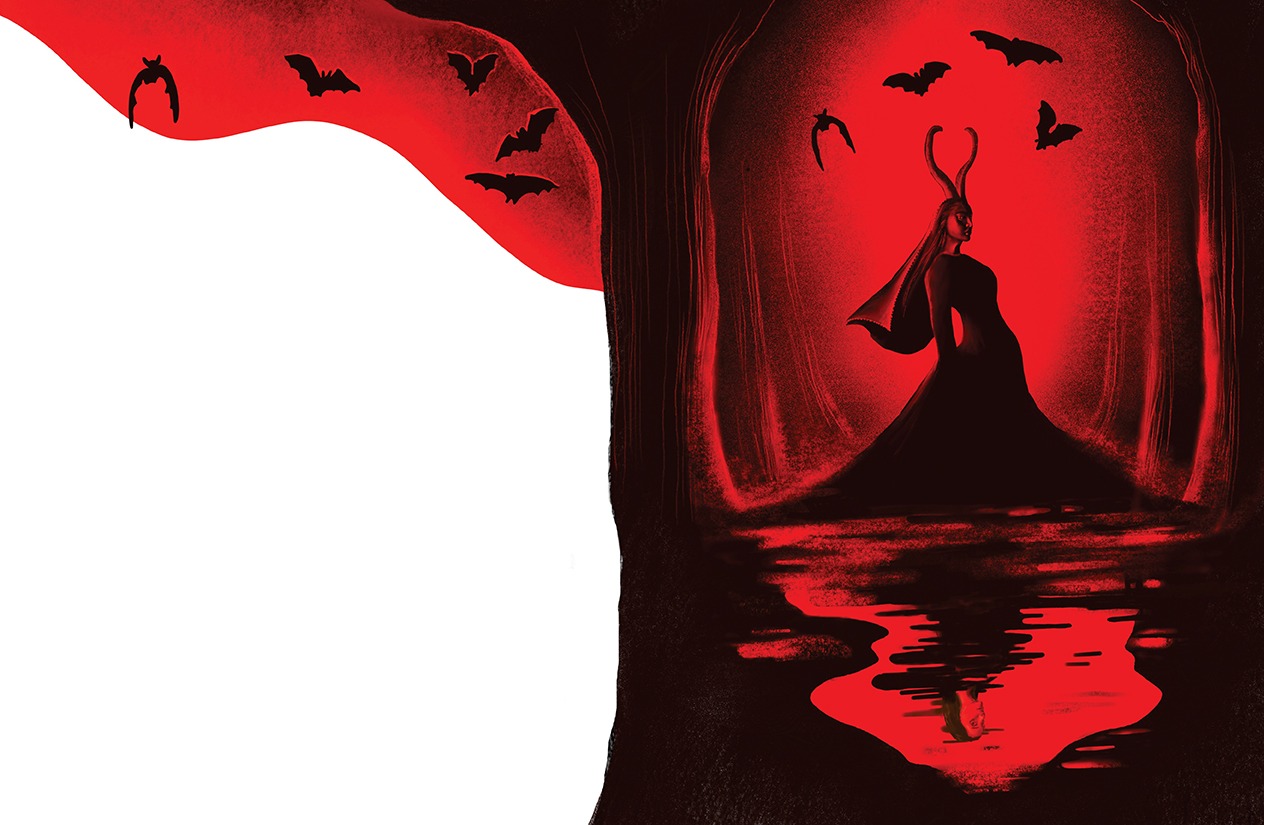How to identify an anti-hero
Antiheroes can be any gender, but they must be the star of their show. As a principal character, they embody the opposite of what you’d expect. In fact, it’s these very qualities that drive their appeal. Antiheroes embody the shadow side of humanity. They’re the parts of ourselves we despise – the contrast to heroic traits such as bravery, selflessness, humility and honesty.
Yet there’s a difference between creating a flawed human hero – because all humans are flawed – and an antihero. The latter doesn’t only have the mix of positive and negative attributes that make up a human, they go one step further. Essentially, they’re unlikeable.
At the same time, they possess enough humanity – sometimes only barely enough – to keep the reader or viewer engaged. It’s a tricky balance to get right. If you make them too unrelatable, nobody will care what happens to them. You must ensure that people can relate to your antihero. And nobody wants to relate to a psychopath. So, how’s it done?
The importance of empathy in writing an anti-hero
Novelist Araminta Hall is the author of the bestselling novel Our Kind of Cruelty, which tells of a destructive relationship from the point of view of its antihero, Mike. ‘A black-and-white villain isn’t interesting,’ she says. ‘Villains are human and so they will be as nuanced as the good guys. They should even have things about them that you like and understandable reasons for why they behave the way they do.’
Heathcliff is often cited as the archetypal antihero. The star of Emily Bronte’s novel Wuthering Heights, he’s rude, mean, surly and uncooperative. Yet once you discover the reason why he is this way, understanding blossoms. You might think that you’d be like that had you suffered as much as Heathcliff did. Perhaps this is the stardust that creates a hero-baddie you want to engage with. It’s that enlightenment that comes from understanding. Fiction, at its best, encourages empathy, and if you can understand your villain, then you may want to read on.
Top tips for writing an anti-hero
Make them human. If you create a nasty piece of work whose motivations you can’t begin to fathom, they’ll only be superficial. That may suffice for the antagonist of the piece – in fact, you may need someone worse than your main character, to cast some shade – but you must get into the bone and marrow of your protagonist. ‘You have to give them humanity,’ says Araminta. ‘No one is born inherently good or bad; circumstances make them that way.’
What made them the way they are? Araminta says that ‘the answer usually lies in childhood, or traumatic experiences’. Work out what festering monsters lie in their past. You must be more aware of them than they are of themselves. Because – and this is crucial – your villain doesn’t know they’re on the dark side. They think they’re the hero.
Giving your anti-hero inner life and the perfect ending
Get into their head. This might seem a tall order. How can you identify with a horrible person? As an example, Pinkie, star of the 1938 novel Brighton Rock, is a thoroughly bad apple. Yet he’s also a Catholic and given to musings on the existence of hell. The book’s author, Graham Greene, had converted to Catholicism 10 years before, and he used Pinkie’s religion to explore his own feelings about the faith. It’s why, even though Pinkie is about as reprehensible as they come, you still wonder how his hand of cards will play out. Greene was able to get into Pinkie’s head in this regard, and his complexity ensures the characterisation works.
Give them the outcome they deserve. That doesn’t mean they go to prison or atone for their crimes in some way. In fact, the sweet use of irony can mean that although they appear to get away with being bad, you, as creator, know that nobody ever does. Without revealing spoilers, not a single decent antihero ever gets off scot-free. Whether it’s a life of loneliness or a descent into madness, make their ending as satisfying as can be.
READ MORE ABOUT LITERATURE’S GREATEST ANTI-HEROES IN Breathe 55.

